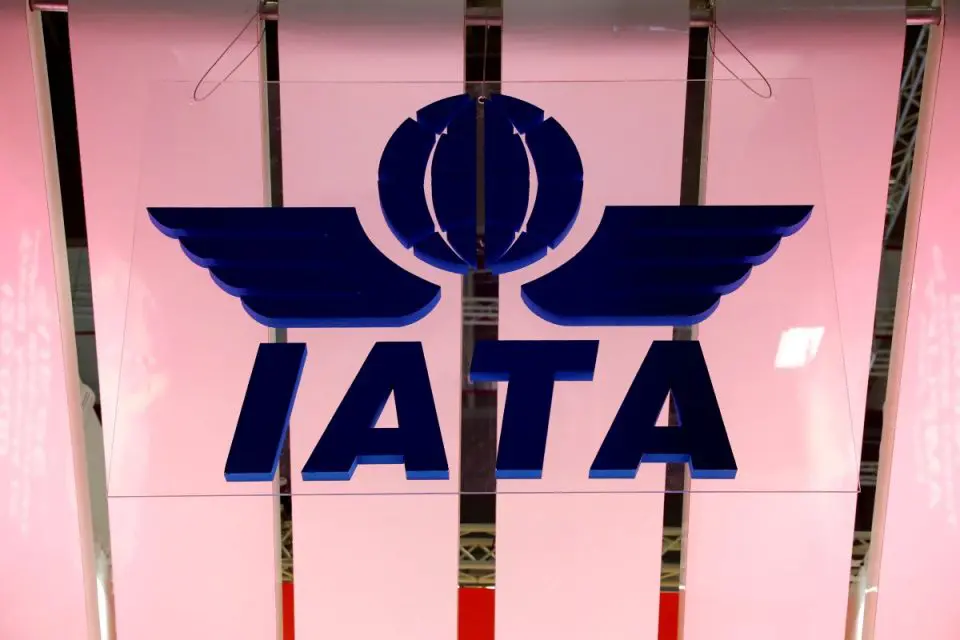KUALA LUMPUR, Aug 4 — Total traffic for air travel in June 2022, which is measured in revenue passenger kilometres or RPKs, was up 76.2 per cent compared to June 2021, primarily propelled by the ongoing strong recovery in international traffic, said the International Air Transport Association (IATA).
In a statement today, it said that globally, traffic is now at 70.8 per cent of pre-crisis levels.
“Domestic traffic for June 2022 was up 5.2 per cent compared to the year-ago period. Strong improvements in most markets, combined with the easing of some Omicron-related lockdown restrictions in the Chinese domestic market, contributed to the result,” IATA said.
The association added that the total June 2022 domestic traffic was at 81.4 per cent of the June 2019 level.
International traffic rose 229.5 per cent versus June 2021, with the lifting of travel restrictions in most parts of Asia-Pacific contributing to the recovery, it said.
The statement also said that June 2022 international RPKs reached 65.0 per cent of June 2019 levels.
“Demand for air travel remains strong. After two years of lockdowns and border restrictions people are taking advantage of the freedom to travel wherever they can,” said IATA director general Willie Walsh.
He noted that with the Northern Hemisphere summer travel season now fully underway, predictions that the lifting of travel restrictions would unleash a torrent of pent-up travel demand are being borne out.
At the same time, meeting that demand has proved challenging and will likely continue to be so, Walsh said.
“All the more reason to continue to show flexibility to the slot use rules. The European Commission’s intent to return to the longstanding 80-20 requirement is premature.
“Just look at the issues that airlines and their passengers at some hub airports are being confronted with. These airports are unable to support their declared capacity even with the current 64 per cent slot threshold and have extended recent passenger caps until the end of October,” he said.
Flexibility is still essential in support of a successful recovery, Walsh added.
“By capping passenger numbers, airports are preventing airlines from benefitting from the strong demand. Heathrow Airport has tried to blame airlines for the disruption,” he said.
However, Service Level Performance data for the first six months of this year show that the airport has failed miserably to provide basic services and missed its Passenger Security service target by a massive 14.3 points, Walsh highlighted.
— Bernama





